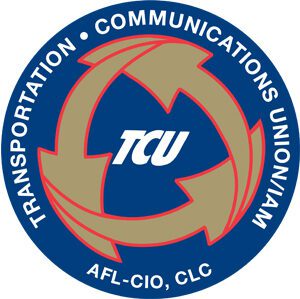The National Association of Railroad Passengers (NARP) appealed directly to House Transportation and Infrastructure Committee Chair Bill Shuster (R-PA) for increased support of Amtrak’s long-distance trains.
In a letter to Shuster, NARP urged the congressman to look for a “fresh approach” that would encourage expanded rather than reduced capacity on Amtrak’s “popular, heavily used long-distance trains.” The letter noted that travelers have faced reductions in air service, particularly in smaller markets. As well, the letter cited the nation’s growing senior population, the “increasing number of young people who don’t own automobiles,” and “millions who find flying to be too expensive, too inconvenient or simply too unpleasant.”
The NARP letter was prompted by Chairman Shuster’s comments last week in which he suggested it was time to “take a hard look at” the mandate that Amtrak provide nationwide passenger rail service.
“We are concerned that the chairman’s remarks mean that the very existence of the long-distance trains could be in jeopardy,” said Ross Capon, NARP’s president and CEO.
“Some 173 million Americans – more than half of our total population – live within 25 miles of an Amtrak station and thus have the choice to travel by train. Moreover, in 23 of the lower 48 states, long-distance trains are the only intercity passenger trains,” Capon said. “We should be lengthening trains, adding frequencies and adding routes, not opening the door to a possible reduction in rail service.”
NARP recently released a white paper correcting the misconceptions about the needs for long-distance train service.
TCU President Bob Scardelletti said, “TCU will fight with everything we have to make sure any appropriation does not come at the expense of long distance service, where so many of our members work and where Amtrak often is the preferred transportation mode for isolated communities.”
Click here to view the NARP letter to Representative Shuster.
Click here to view the full release from NARP.
Click here to view the NARP release on the value of long distance train service.

